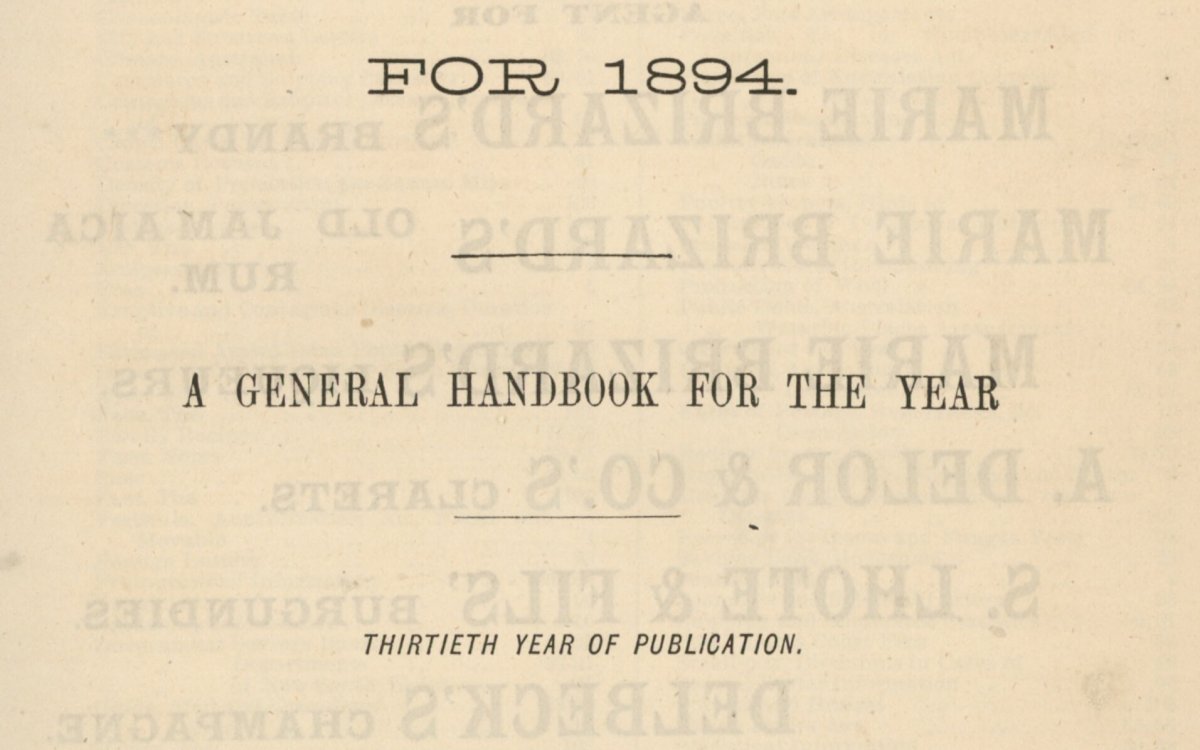
(1894). New South Wales weather almanac for ... : a general handbook for the year. http://nla.gov.au/nla.obj-406743496
In colonial Australia, there was a useful household book called an almanac. It contained lots of information, including weather forecasts and pictures of the flags used to signify approaching storms.
As time moved on, almanacs were replaced by radio, television and the internet. It is interesting to study an old almanac to see that right back to the 1800s, people sought information to be well prepared for everyday living. The weather information in this almanac included detailed lists about the seasons, moon phases, eclipses, tidal movements, heatwaves and storm forecasting.
Activities
Get ready!
The almanac was all about being prepared. The weather pages helped households to get ready for what might be coming their way. Try the following activity about being prepared:
Divide the class into four groups. Allocate each group a natural disaster: flood, bushfire, thunderstorm or cyclone.
Ask your students to research how to survive in each disaster scenario, including:
- preparing your house
- wearing appropriate clothing
- finding the best shelter
- preparing a survival kit
- contacting emergency services.
Ask each group to create a poster or brochure with a summary of their findings.
How Hot Is Hot?
Measuring and recording weather observations can be tricky business. Conduct a basic temperature measuring activity with the class to experience this.
- Place two identical thermometers outside, one in a shady place and one in full sunshine.
- Leave them for half an hour.
- Write down the air temperature recorded by the two thermometers.
- Place both thermometers in the sun.
- Cover one thermometer with a sheet of black paper.
- Cover the other thermometer with a sheet of white paper.
- Leave them for half an hour.
- Write down the air temperature recorded by the two thermometers.
- Discuss with students the different temperatures you have recorded. What do they think these results might tell us about measuring air temperature? Have them write a short report of the findings.
